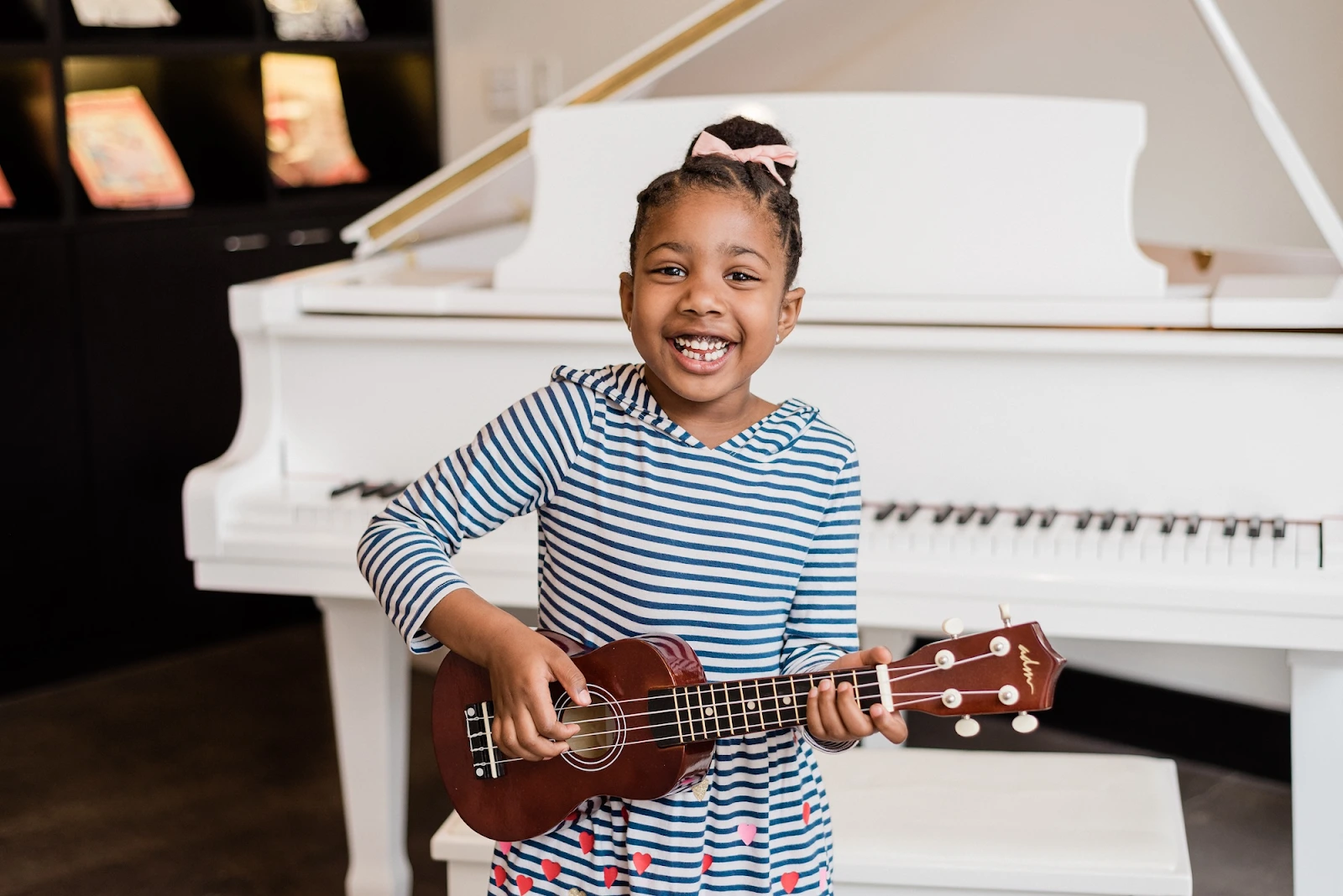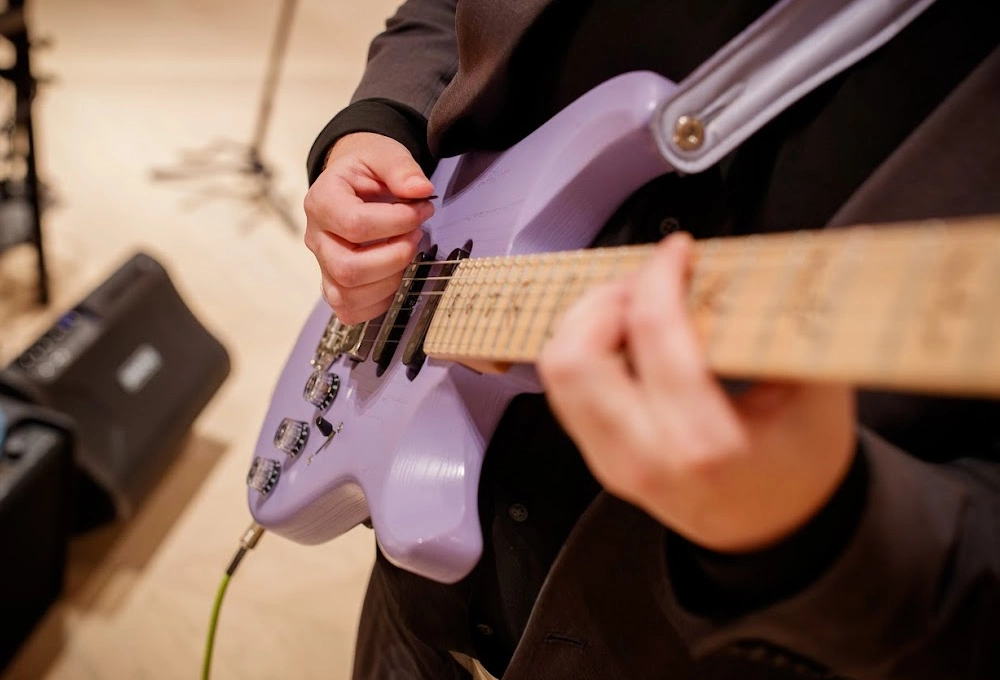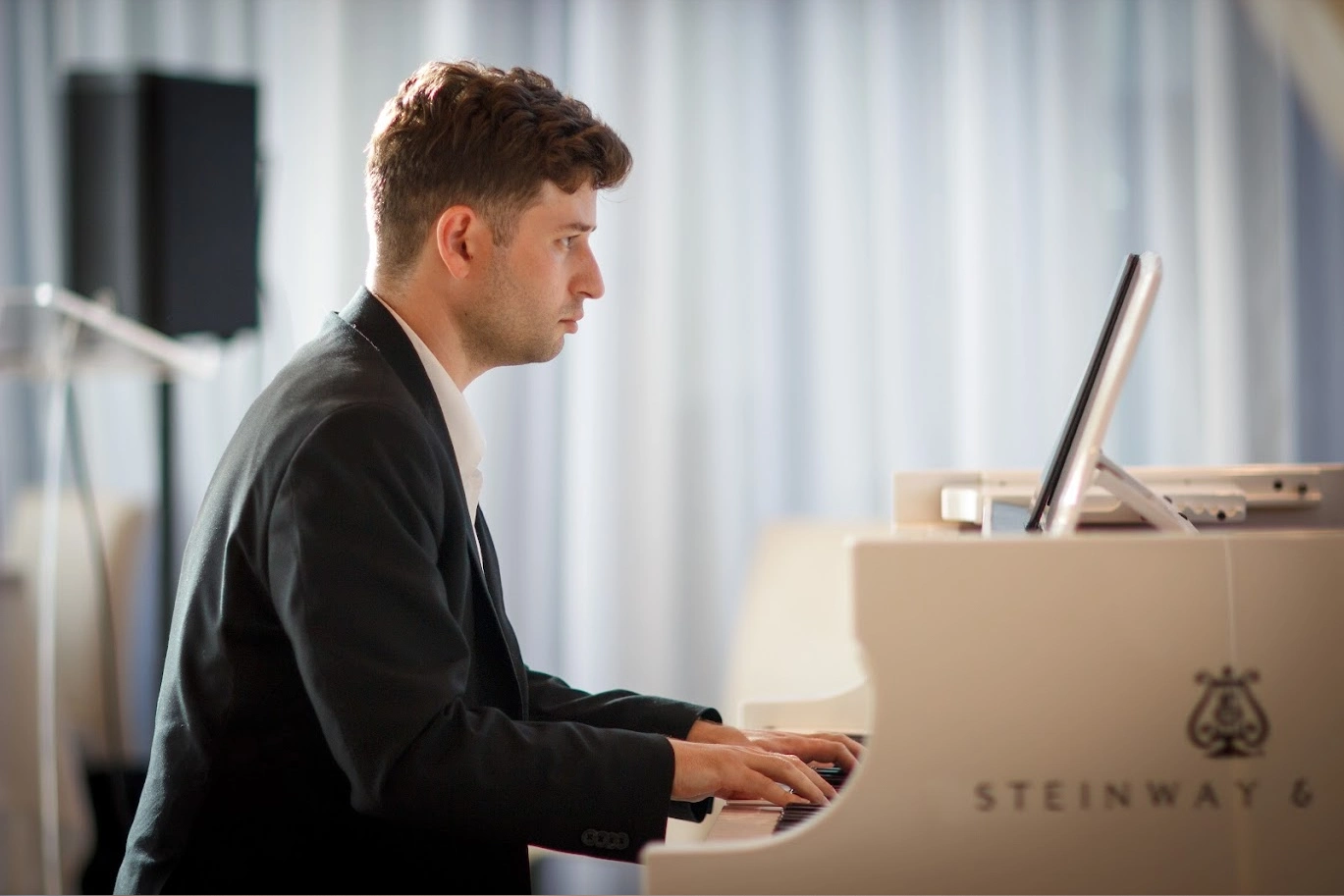One of the most frequent questions asked is “how old should my child be before beginning piano lessons?” Though the recommended age range to begin is between 4-5, there are always exceptions based on a variety of different factors.Interest and Focus:Quite often parents of younger children share concerns over their child’s attention or ability to focus on one task for an extended period of time. Again, this varies depending on the child. There are instances where a child has difficulty with focus in daily life, yet shows exceptional focus and attention regarding learning the piano. Kinesthetic approaches involving games and movement are often used for younger children to help them engage with the material. If the child is enjoying the process, he/she is more likely to absorb the material and grow with the instrument. There are instances where a significantly younger student will have stronger focus and concentration than an older student. A few things to consider are the child’s interest in the instrument, overall temperament in learning new things, and Interest in music as a whole (do you find your child’s focus and interest increases around the presence of music?).
Communication and Language:
Because Music is a language involving harmonies and rhythm, communication with the student is essential in the learning process of piano. This can allow both the student and teacher to work as a team to better accommodate the students needs in the learning process. Good communication skills can enhance the students enjoyment of the instrument and also allow the teacher the opportunity to carefully structure the lesson plan to the individual needs of the student.
Ability to Count: Finger Numbers:
Numbers play a large role in learning piano. At the most basic level, the ability to count to 5 both forwards and backwards is helpful, as we associate each finger with a number when first learning how to position the hands and read notes.
Rhythm:
Music is a language expressed not only by melody, but rhythm as well. Most beginning piano students learn notes with values of 1-4 beats (counts), which can be taught by clapping, snapping, stomping, or speaking.
Expectations:
Often times parents set unrealistic expectations of what they expect out of piano lessons. It is important to remember that students cultivate the necessary skills throughout the process and music education is generally not geared towards attaining an instant result. When learning a new instrument, it is important to focus on goals and progress. Every student will be different and excel in different areas, having their own unique process to achieving improvement. It’s important for parents to trust the process, as there may be times that the instructor should talk with the child about what they are doing in life and what they like, and keep a great personal connection, in addition to times when the teacher needs to gently push for results. It’s best if parents trust the instructors experience in regards to what is important to focus on for that lesson. Our instructor have a lot of background working with very young students and have very good instincts about what the next step should be at any given time.It’s best for very young children, if the goal is to create an interest and love for music first, with and emphasis on their skills as a secondary goal. Using this philosophy it becomes possible to reach very young children, perhaps even age 2 or 3.
.svg)
.svg)
.svg)
.svg)
.svg)
.svg)





.svg)